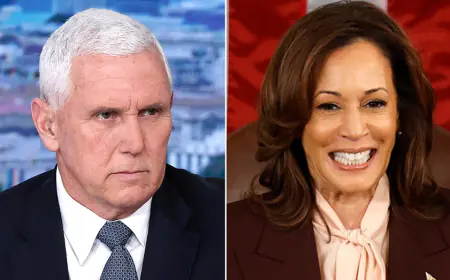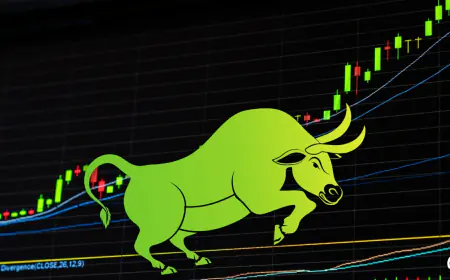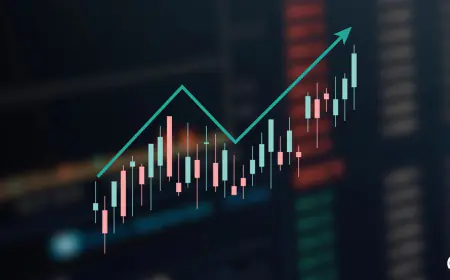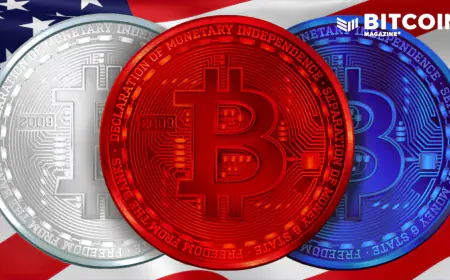How Larry Fink turned BlackRock bullish on Bitcoin, despite its largest holder’s resistance
Meet Laurence “Larry” Douglas Fink. 71. A lot of people think he controls the world. But no, he just joined seven other people to create the world’s most powerful company thirty-six years ago and is now its CEO. His net worth is $1.2 billion. Meet BlackRock. 36. Over $10 trillion in assets managed, with more […]
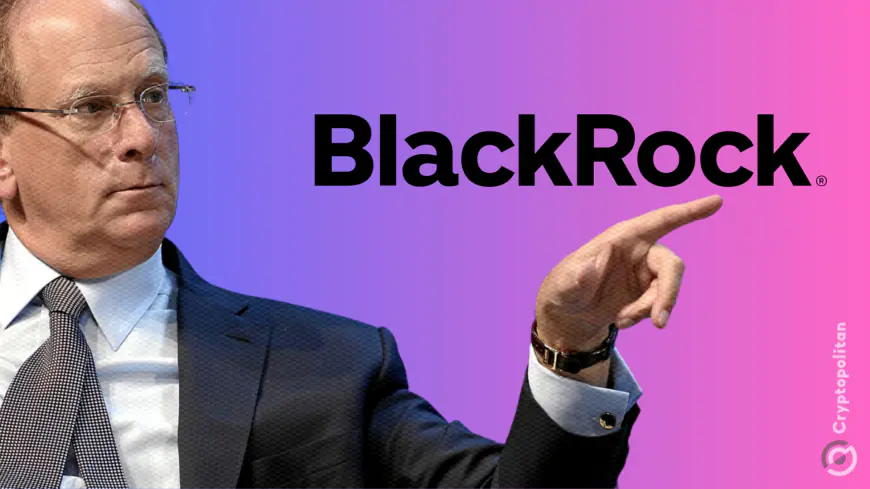
Meet Laurence “Larry” Douglas Fink. 71. A lot of people think he controls the world. But no, he just joined seven other people to create the world’s most powerful company thirty-six years ago and is now its CEO. His net worth is $1.2 billion.

Meet BlackRock. 36. Over $10 trillion in assets managed, with more than $20 billion in Bitcoin alone. As of the time this article was published, this Wall Street titan owns exactly 357,509 BTC.

Larry Fink is a powerful man
Over the years, Larry has assumed multiple roles within BlackRock, including chairman of the board, chairman of the executive and leadership committees, and co-chair of the global client committee.
Things got wild after the 2007–2008 financial crisis. The government called in BlackRock to help with the recovery, but not everyone was thrilled.
People started asking questions about how Larry’s close ties to government officials played into BlackRock landing those contracts—especially with folks like Obama’s first Treasury Secretary, Tim Geithner, being in his circle.
Larry even had his sights set on becoming Hillary Clinton’s Treasury Secretary in 2016, but that didn’t work out.
Then came December 2009, when BlackRock bought up Barclays Global Investors, making it the biggest money-management firm on the planet.
:max_bytes(150000):strip_icc()/gettyimages-688202914-2000-41d521e80396433dbb0f0ec8aa77f38a.jpg)
Despite his influence, ‘Larry Fink’ is not a household name, except when he pops up on CNBC. But running BlackRock isn’t a cheap gig. He took home $23.6 million in 2010 and then a mind-blowing $36 million in 2021.
By 2016, BlackRock was managing $5 trillion in assets, with 12,000 employees spread across 27 countries.
That same year, Larry picked up the ABANA Achievement Award for being a top dog in finance and building good vibes between the U.S. and the Middle East.
Oh… Forbes ranked him #28 on their list of The World’s Most Powerful People in 2018.
The idea of getting into Bitcoin is largely credited to Larry, who shared a few months ago that he liked Bitcoin a lot and believes it could save the global economy. But Larry didn’t always like Bitcoin.
Let’s go back five years when Larry was what he called “a proud Bitcoin skeptic.” In 2017, he said:
“Bitcoin just shows you how much demand for money laundering there is in the world.”
In a 2018 letter to BlackRock shareholders, he doubled down on his concerns, describing Bitcoin as “an index of money laundering.”
He questioned its legitimacy as an investment, saying:
“Bitcoin is not a real investment.”
During a conversation with the Council on Foreign Relations, he referred to Bitcoin as “a sin market,” associated with criminal activities.
He was also concerned about Bitcoin’s market volatility, saying:
“Bitcoin is still untested. You see these big giant moves every day.”
What changed? Well, for one, the market.
What was once seen as a playground for nerds and dark web enthusiasts is now a legitimate financial instrument, with a market cap that rivaled some of the biggest companies in the world.
Larry recognized the demand early enough to see where the wind was blowing. Institutional clients wanted in, and there was no way BlackRock could stand on the sidelines while its competitors, like Fidelity and Invesco, jumped in.
BlackRock’s board and the Vanguard factor
Larry isn’t even the most powerful person at BlackRock. The largest holder of BLK, the most powerful entity sitting on the board of BlackRock, is The Vanguard Group.
And guess what?
Vanguard hates crypto. In fact, just recently, its CEO reiterated his aversion by saying that they were not interested in copying BlackRock and getting into Bitcoin, even if it is via ETFs.

So how did Larry do it? How’d he manage to get the board to agree to buying $13.7 billion in Bitcoin?
Simple. When Larry wants something, he gets it. That has been the case for the past forty-five years. It is a defining trait of his career.
He bulldozed through every piece of skepticism with pure market strategy.
You see, Larry knows how to move money, and he knows how to convince others to move it too. It’s all about the numbers, the market demand, and the ability to see what’s coming before anyone else does.
I mean, the American government went to him for help during the Great Recession for a reason.
Vanguard’s CEO Salim Ramji has made it clear (again) that they see Bitcoin as speculative, volatile, and far too risky for the long-term investment strategies they pride themselves on prodiving.
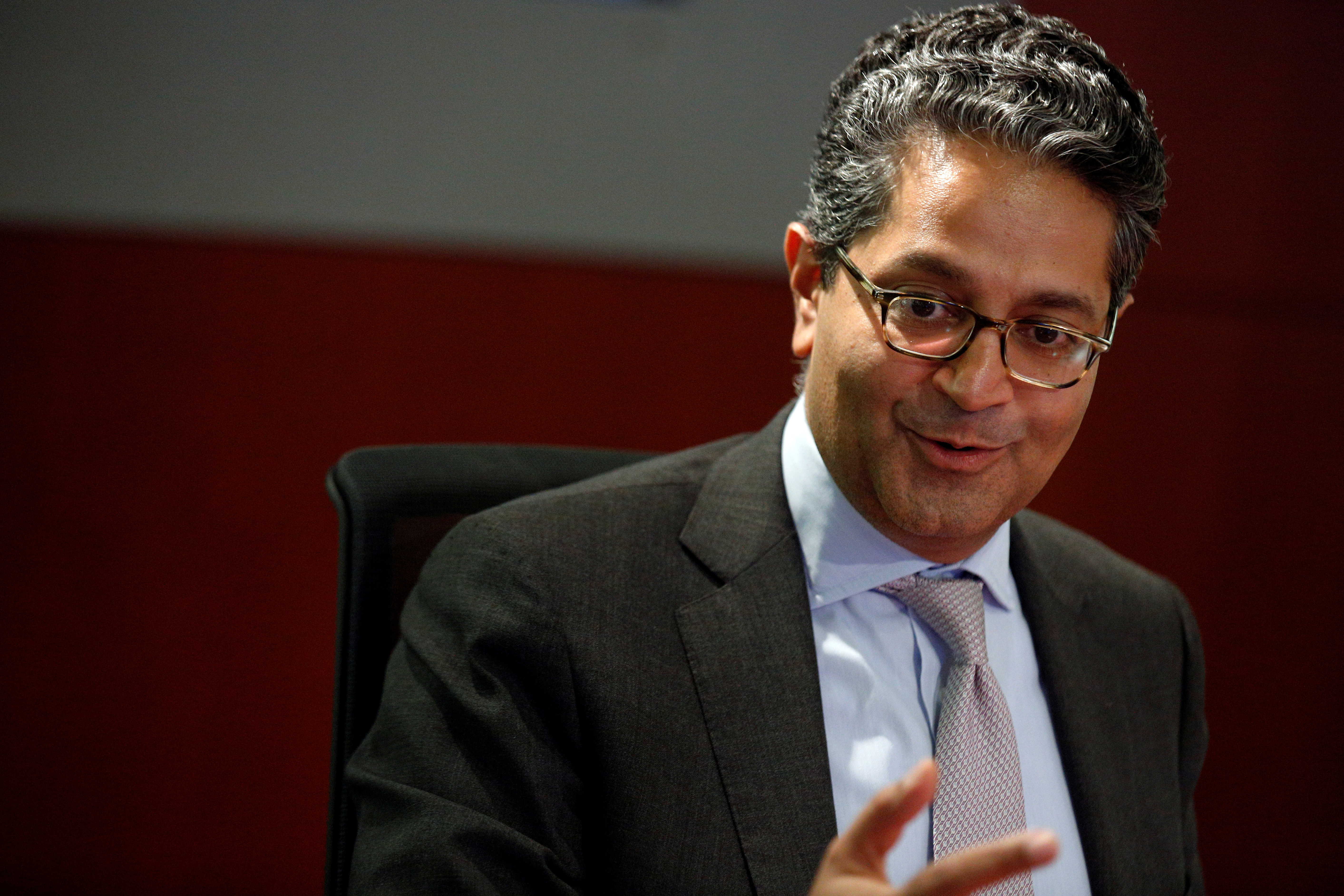
But Larry made it about the future of finance, not even crypto. He framed it as a part of a larger financial revolution—tokenization.
Tokenization of real-world assets, from real estate to art, offers liquidity and access in ways traditional markets just simply cannot. And BlackRock, with its scale and reach, was perfect to lead Wall Street through this transformation.
Bitcoin was just the first step. Larry pointed to the increasing regulatory clarity in the U.S. and abroad, saying that the time was now to stake a claim in this emerging asset class before competitors fully captured the market.
And let’s not forget, regulatory approval of Bitcoin ETFs in places like Canada and other jurisdictions provided the perfect backdrop.
Bitcoin as a hedge: The role of macro trends
The U.S. economy has been performing so terribly, with inflation fears and government spending at all-time highs. Larry knew this was a prime time to pitch Bitcoin as a hedge against currency debasement.
With U.S. budget deficits ballooning and global tensions rising along with de-dollarization threats, Bitcoin offers a unique opportunity for investors to protect their portfolios against the inevitable collapse of the USD.
This vision resonated with the board, even if Vanguard wasn’t buying it.
Bitcoin’s finite supply, its built-in scarcity, and decentralized nature give it a distinct advantage in times of global financial disorders.
Larry knew that if he presented BTC as a safeguard, rather than a speculative bet, the board would have no choice but to align with his vision.
The final piece of the puzzle was the iShares Bitcoin Trust ETF. Larry made a calculated decision designed to capitalize on the institutional interest in crypto.
The ETF was structured to provide traditional investors with a secure and compliant way to invest in Bitcoin.
By doing this, Larry bridged the gap between old-school money markets and the new, often scary world of decentralized finance. And check out the image below. Clearly, he made the right call.

And since he is lining the board’s pockets with massive profits, I’d imagine they wouldn’t be complaining much even as Salim remains unimpressed.
Wall Street and the blockchain
Larry’s ultimate vision is much bigger than Bitcoin. He believes tokenization could unlock trillions in value by providing liquidity to previously illiquid assets.
Whether it’s real estate, art, or other hard-to-move assets, tokenization allows fractional ownership and 24/7 trading on blockchain platforms.
This creates new opportunities for investors and could revolutionize how financial markets function.
As reported by Cryptopolitan last week, Janus Henderson became the latest Wall Street giant to get into tokenization, making it a trend. It’s like these guys can’t get enough of the blockchain.
The obsession is about cutting out inefficiencies. Smart contracts can automate operational processes, reducing errors and costs.
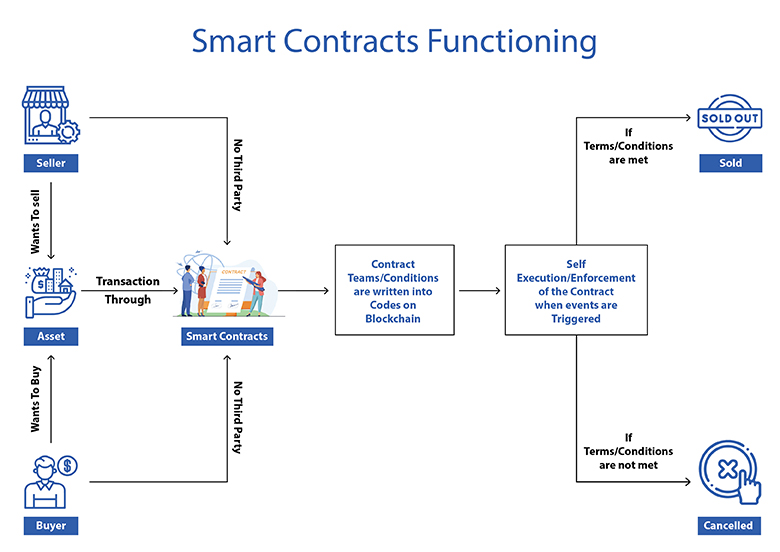
Settlement times are nearly instantaneous, and the need for middlemen shrinks. It’s a win-win for entities like Janus and BlackRock.
In the early days of BlackRock’s adoption, there were concerns that it would try to centralize crypto since it is a company that loves being in control. So far, they haven’t given any real reasons to be concerned.
The battle between Larry’s vision and Vanguard’s caution may play out over the coming years.
But one thing is clear. Larry is betting that the future of finance looks very different from the present, and he is making sure that as always, BlackRock is all in.
What's Your Reaction?







